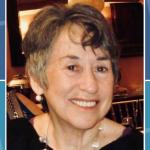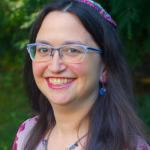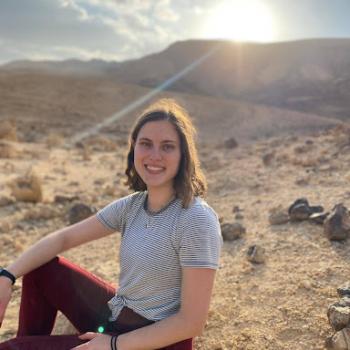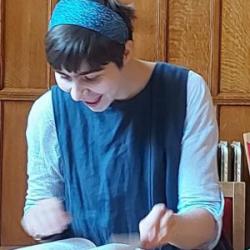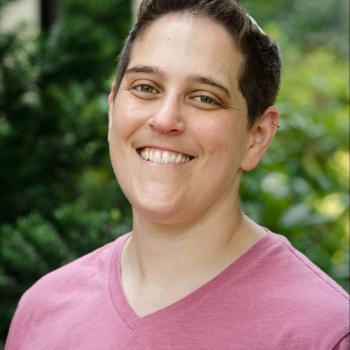Parashat Toldot Genesis 25:19-28:9
In this week’s Torah portion, we encounter Rebecca, our matriarch, in the midst of a moment of deep personal struggle. She is pregnant with twins, and as the children struggle within her, she feels their turmoil and her own pain. In her distress, she asks,“Im ken, lama zeh anochi?” – “If so, why I?” (Genesis 25:22).
At first glance, Rebecca’s question might appear to be a cry of frustration or despair, an expression of her physical suffering: Why is this happening? Why must I endure this pain? Why is my experience of this so different from others? Why me? Indeed, commentators across the generations have understood her words in this way. Yet, if we listen differently, we might hear a different question. Perhaps Rebecca’s question is not about the why of her pain but rather the what of her purpose. Im ken—if this is happening, if this upheaval, this struggle, this challenge is unfolding, lama zeh anochi—what is being asked of me?
For Rebecca, this question arose amid the tension between her unborn children—twins who would grow to lead two rival nations, politically and spiritually at odds. Yet, beyond the physical experience of pregnancy and the navigating of intense family dynamics, her question offers each of us something powerful today. Just as Rebecca had to withstand the pangs of conflict and division within her in order to birth something new into the world, so too must each of us.
The turmoil that Rebecca felt—those twin forces wrestling for dominance—can be seen as a reflection of the forces at play in our world today. Our society is in turmoil: political polarization, climate crisis, war and violence, social unrest, economic instability. Judaism teaches adam olam katan, olam adam gadol—the human being is a microcosm of the world, the world is a macrocosm of the human being.
Each of these struggles playing out in our collective life is the result of competing values and ideas that exist within each of us, causing a wrestling within our souls. As mythologist Michael Meade writes, “Only by suffering the tension that grows between one thing and another can a person learn what is trying to surface and become known.” Instead of asking, “Why is this happening to me?” we, like Rebecca, might instead ask, “What is my role?”
Like Rebecca, each of us is part of the larger story unfolding in our time, each of us with a role to play in birthing something new and necessary. As we navigate our own struggles, both personal and collective, we too are called to ask: If so, why I? Not as a question of despair or self-pity—though, like Rebecca, we may at times experience despondency and exhaustion—but as an inquiry into the purpose we are called to fulfill in the ongoing creation of our world.
Rebecca’s question If so, why I? is not one of passive acceptance. It is an active question, one that propels her toward introspection and deep consideration. In our own lives, this question is an invitation to ask: who am I in relation to this situation? Within any challenge there is a role that we are called to play, something we uniquely can offer—not despite the chaos and struggle, but because of it. The challenges we face are not meaningless. They are the very catalysts for creation. Just as Rebecca’s question was not a resignation, but a yearning to understand how she could bring forth the unique aspects of herself that were being called forth by her struggle, so, too, can we approach the upheavals of our own lives with the same spirit of inquiry, tenacity and forbearance.
In this season of change and uncertainty, may we each ask ourselves: “If so, why I?”—not as a question of self-pity or resignation, but as a question of purpose and power. What forces do I feel wrestling within me? What conflicts am I uniquely able to hold? What is my role in contributing to creation ongoing?
May we, like Rebecca, have the courage to ask this question “Why I?” and may we receive the response that comes with courage, gratitude and love.
Rabbi Adina Allen is a spiritual leader, author, and educator. She is cofounder and creative director of Jewish Studio Project (JSP), an organization that is seeding a future in which every person is connected to their creativity as a force for spiritual connection and social transformation. Adina is the author of The Place of All Possibility: Cultivating Creative through Ancient Jewish Wisdom (Ayin Press, 2024).


